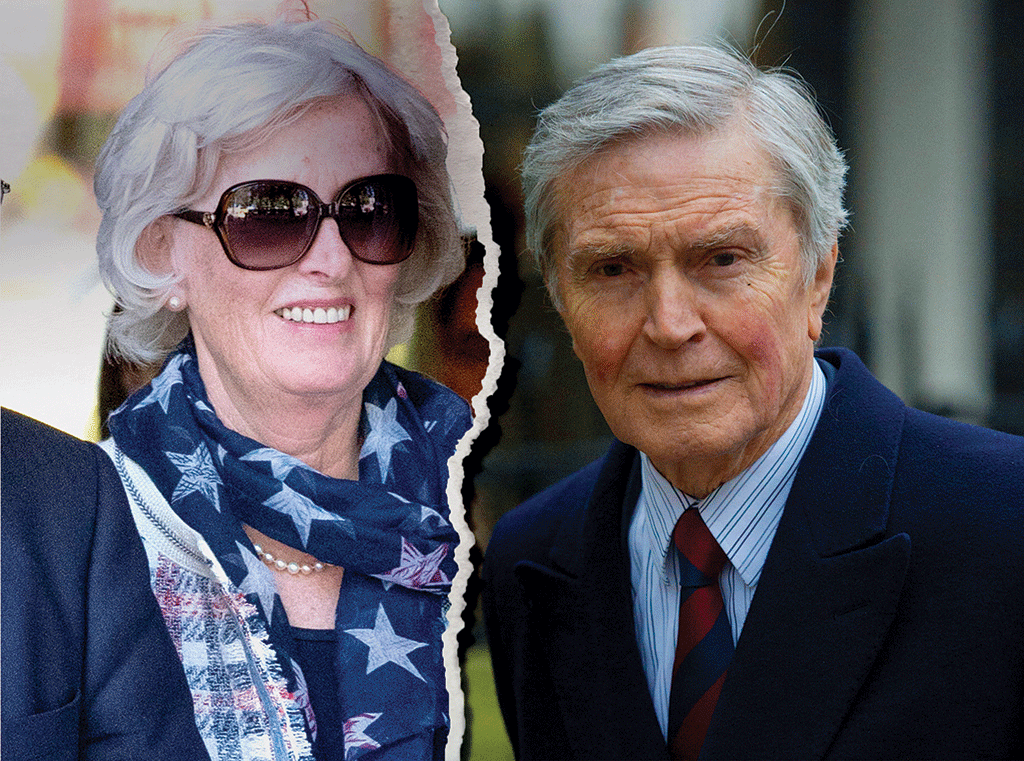
How far will the Supreme Court go as it tackles Owens v Owens, asks Simon Blain
- Owens v Owens in the Supreme Court.
- The end of the road for ‘unreasonable behaviour’?
On 17 May, the Supreme Court heard the case of Owens v Owens . It is the first time that the ‘fault based’ divorce provisions in the Matrimonial Causes Act 1973 (MCA 1973) have been considered by the highest court.
The case is of huge significance to divorcing couples, and to the professionals who advise them. Resolution, the representative body for family justice professionals, intervened (full disclosure: the author is Treasurer of Resolution).
The Supreme Court considered the correct interpretation of s 1(2)(b), MCA 1973, which sets out the basis for divorce commonly referred to as ‘unreasonable behaviour’. Specifically, the court considered the extent to which the statute does or does not in fact require someone seeking a divorce to prove that his or her spouse’s unreasonable behaviour has caused the irretrievable breakdown of the marriage.
It could be









